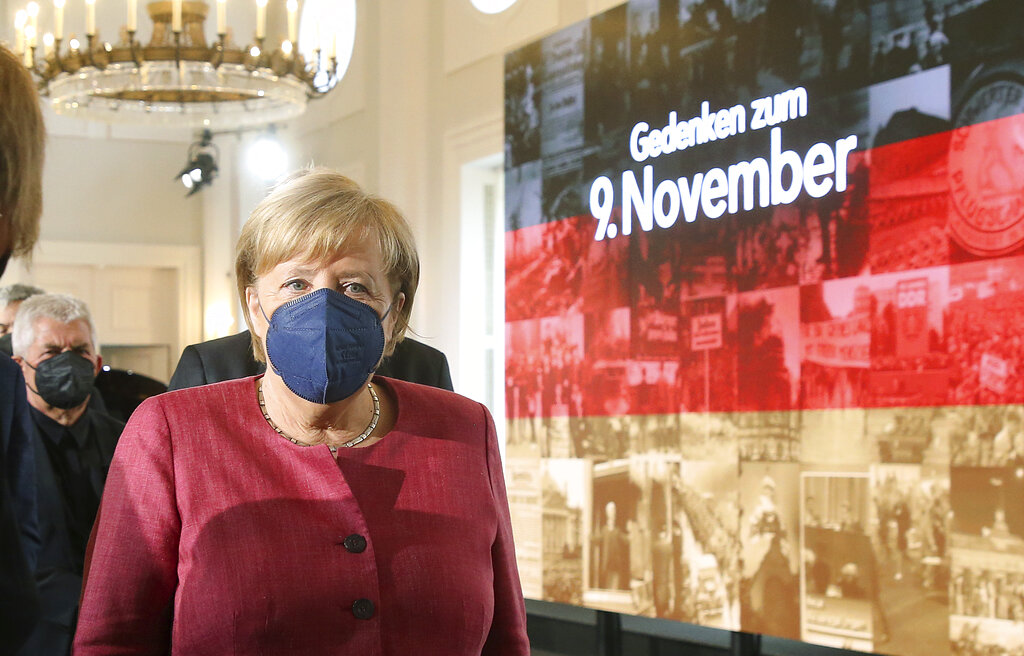More than half (53 percent) of Germans are of the opinion that Germany did not handle the migration crisis well, a poll commissioned by German daily Bild shows.
The poll was conducted as a sort of final accounting of Chancellor Angela Merkel’s 16-year rule. She famously said in 2015 “Wir shaffen das,” which translates to, “We will manage it,” in connection with the onset of the first major migration wave. Just this week, Merkel claimed the migrant crisis turned into a success for Germany, saying in an interview, “Yes, we did it.“
The latest poll shows that a majority of Germans disagree with her.
Of the consequences of the migration wave, 64 percent highlighted the additional burden on the social system first, and 52 percent believed that the increase in crime was the main consequence. The strengthening of the diversity of society was highlighted by 31 percent and the alleviation of the shortage of skilled workers by 17 percent, according to the polling company INSA.
As Remix News has previously reported, the influx of migrants led to an increased risk of terrorism, crime, and sexual assaults. The costs have also been enormous and will continue for the foreseeable future.
Bild quoted MP Christoph de Vries, a member of the still ruling Christian Democratic Union (CDU), who said that “we have certainly achieved a lot, but it is a fact that the uncontrolled influx of migrants in 2015/2016 socially divided Germany and led to the formation of a radical right-wing party in our parliaments.”
“It would have been better to spare Germany this,” de Vries added.
Another CDU politician, former EU commissioner Günther Oettinger, added that “we have achieved a lot, but not everything.” He said that many of those who arrived as asylum seekers integrated into German society, but “there are also those who do not want to integrate at all.”
Angela Merkel made her famous statement on Aug. 31, 2015 that Germany would cope with the wave of refugees, and four days later, together with then Austrian Chancellor Werner Faymann, allowed the entry of asylum seekers from Hungary into Germany via Austria.
In that year, the number of new asylum seekers rose to a record 890,000. The number of arrivals dropped to 280,000 in 2016 and has been steadily declining ever since. In a country with a population of 83.1 million, there are roughly 1.8 million people who have arrived as asylum seekers. Most of them, 1.1 million people, have lived in the country since 2015.






